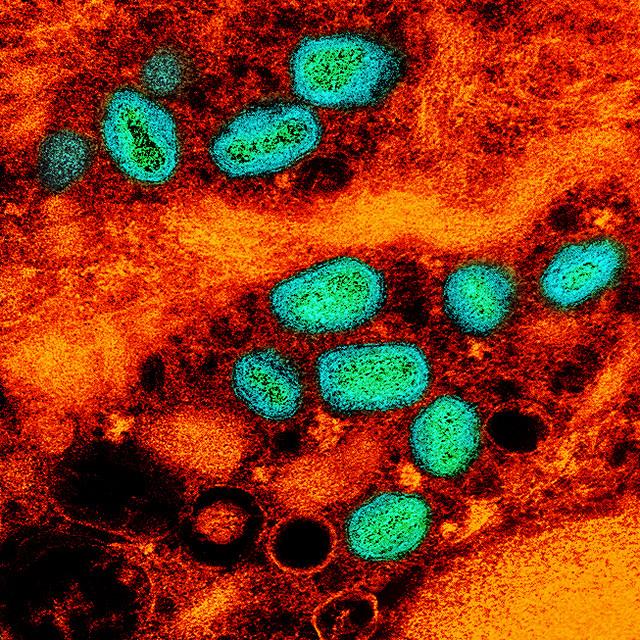In a weekly briefing yesterday, officials from Africa Centres for Disease Control and Prevention (Africa CDC) said they are starting to see significant impairment in response operations in the Democratic Republic of the Congo (DRC), specifically a disruption in the transport of samples from suspected cases to labs within and between provinces.
The DRC is one of the main hotspots in Africa, where the virus has been reported from 22 countries, including 13 with ongoing active transmission. The DRC’s mpox response has also been disrupted by armed conflict in and around Goma, which has led to overwhelmed health systems, disruptions in lab testing, and movements of populations—including those isolated for mpox— fleeing violence.
Humanitarian waiver uncertainty
Ngashi Ngongo, MD, PhD, MPH, who leads Africa CDC's mpox incident management team, said the region has seen a slight downward trend in cases over the past 3 weeks, but he urged caution in interpreting the data, partly due to sample testing problems and insecurity in the DRC, which he said "has become a nightmare."
He said US support for the outbreak response has come from USAID, which is in the midst of a funding freeze from a Trump administration executive order. Ngongo said it's unclear if the situation would qualify for a release of funds under a waiver for life-saving humanitarian assistance.
At a meeting of African country heads of state this week, Ngongo said Africa CDC urged leaders to meet with their US ambassadors to clarify what constitutes a humanitarian waiver.
With 84% of US global health assistance targeted to Africa, he said African countries are now taking stock of which programs are affected, making plans to mobilize other local resources, and considering innovative financing plans that would loop in the private sector.
Funding options from countries such as China, South Korea, and Japan have been in advanced negotiations since before the US funding freeze, and Ngongo said African officials are exploring the possibility of repurposing unspent COVID funding that came from the European Union.
He added that the US funding freeze comes against the backdrop of an overall decline in foreign investment over the last 4 years, which has resulted in a push for domestic support.
Cross-border threats remain, comorbidity with HIV in Uganda
In other mpox updates, he said testing is still under way on a clade 1 mpox sample from South Sudan, the country's first. Ngongo said the patient had traveled from a neighboring country, a sign that the region still has work to do regarding surveillance at ports of entry.
Africa CDC is seeing a mix of spread patterns counties in different countries and even in different regions within countries. In the DRC, children younger than 15 years old are most affected in endemic provinces, mainly due to clade 1a, with young children and young adults most affected in South Kivu and North Kivu provinces.
However, in the DRC capital of Kinshasa, adults are most affected, with clade 1a and 1b circulating in sexual networks.
In Uganda, clade 1b is circulating, with nearly 57% of cases in males. Officials are seeing comorbidities of mpox and HIV in seven districts, with Kampala reporting the most cases.
A bright spot is good vaccine uptake in Uganda, similar to what health officials saw in the DRC. Sex workers were targeted for the first rollout of the vaccine, and 9,000 of 10,000 doses have been administered since February 1.



















